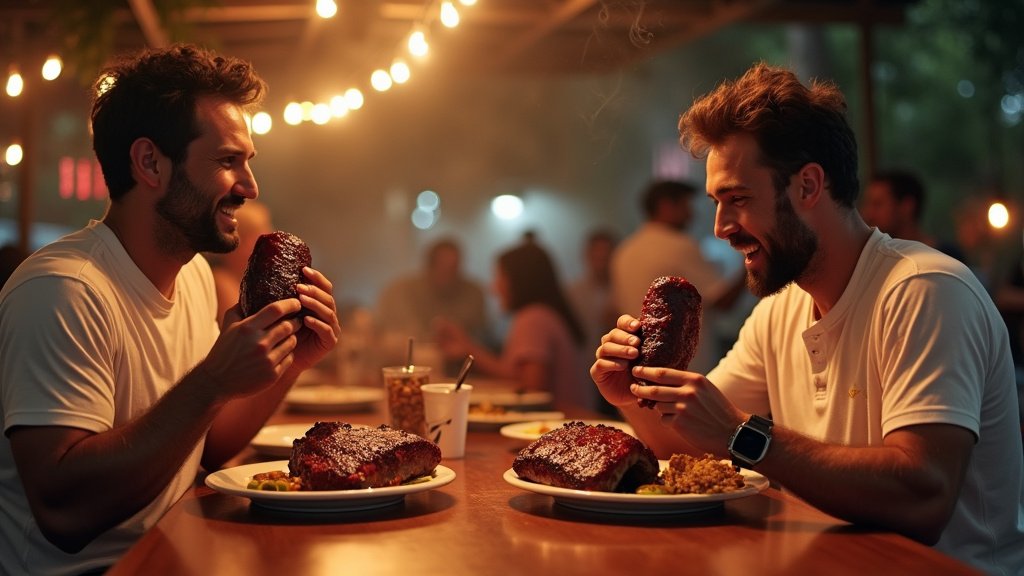AUSTIN, TX – Texas Governor Greg Abbott on June 22, 2025, signed into law Senate Bill 25 (SB 25), a measure also officially known as the “Make Texas Healthy Again” bill. This significant legislative action introduces mandatory warning labels on certain food products sold within the state that contain specific artificial colors or additives.
The new law targets a list of 44 specific food colors and additives that are restricted or not recommended for human consumption by regulatory bodies in other developed nations. Effective for food labels copyrighted on or after January 1, 2027, manufacturers selling products in Texas containing any of these listed ingredients will be required to include a prominent warning label.
Understanding the Warning Label
The specific language mandated for the warning label is precise and points to international standards. It must state: “WARNING: This product contains an ingredient that is not recommended for human consumption by the appropriate authority in Australia, Canada, the European Union, or the United Kingdom.”
This requirement underscores a legislative intent to align Texas consumer information with public health and food safety perspectives adopted by major international jurisdictions. By referencing the recommendations (or lack thereof) from authorities in Australia, Canada, the European Union, and the United Kingdom, the law aims to inform Texans about ingredients that face heightened scrutiny or restrictions elsewhere in the world.
The list of covered ingredients is comprehensive, including well-known synthetic colors such as FD&C Blue Dye No. 1 and Red Dye No. 40. Beyond artificial colorings, the law also encompasses additives like bleached flour, bromated flour, BHA, BHT, potassium bromate, and propylparaben. These substances are commonly used in food processing for various purposes, including enhancing appearance, preserving freshness, or altering texture. Their inclusion under the new warning mandate reflects concerns over their potential health impacts, concerns that have led to restrictions or outright bans in many other countries.
Scope and Exclusions
The scope of SB 25 is limited to human food products sold within Texas. The requirement for the warning label applies specifically to the inclusion of any of the 44 designated food colors and additives on the official list defined by the legislation.
It is notable that some substances initially considered for inclusion were ultimately removed from the final list during the legislative process. Earlier drafts of the bill had included popular artificial sweeteners such as aspartame and high fructose corn syrup. However, these were excluded from the final version of the bill signed by Governor Abbott, focusing the warning requirement primarily on the 44 listed colors and other specified processing additives.
Rationale and Context
The passage of SB 25, the “Make Texas Healthy Again” bill, is part of a broader legislative and public health movement aimed at increasing transparency in food labeling and reducing the presence of synthetic additives in the food supply. Proponents of the bill argue that providing consumers with clear information about ingredients that are flagged by international health and food safety bodies empowers them to make more informed dietary choices.
The legislation follows investigations conducted by the Texas Attorney General into food manufacturers regarding the use of artificial colors and other additives. These investigations highlighted concerns about the safety and regulatory status of certain ingredients, providing impetus for legislative action like SB 25. The law reflects a growing national conversation about food content and its potential long-term health implications, aligning Texas with states and countries taking proactive steps on food additive regulation.
By mandating a warning that explicitly cites the non-recommendation by authorities in Australia, Canada, the European Union, or the United Kingdom, the law directly leverages the scientific reviews and regulatory decisions made by these established international bodies, without explicitly banning the substances themselves.
Enforcement and Penalties
To ensure compliance, the law includes provisions for enforcement and penalties for violations. Food manufacturers and distributors found to be in violation of the labeling requirements could face significant financial consequences.
The legislation stipulates that violators are subject to fines of up to $50,000 per day for each distinct product found to be non-compliant. This substantial penalty underscores the seriousness with which the state intends to enforce the new labeling mandate and serves as a strong incentive for food companies to review their product formulations and labeling practices well in advance of the January 1, 2027, effective date.
Looking Ahead
As the effective date of January 1, 2027, approaches for food labels copyrighted on or after this date, food manufacturers distributing products in Texas will need to carefully review the list of 44 restricted ingredients and update their packaging accordingly. This may require significant logistical and production adjustments for companies whose products contain any of the specified additives.
The implementation of SB 25 represents a notable shift in food regulation within Texas, prioritizing consumer awareness regarding specific additives that have drawn scrutiny internationally. The “Make Texas Healthy Again” bill is poised to reshape food labeling and potentially influence product formulations available on store shelves across the state, furthering the dialogue on food safety and public health.






